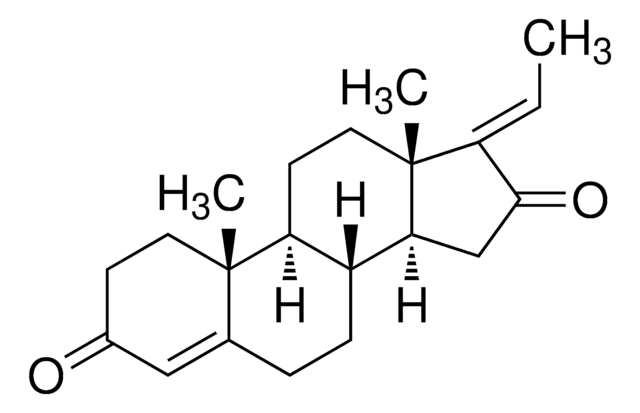All Photos(1)
About This Item
Linear Formula:
H2C=CHCH2SCH3
CAS Number:
Molecular Weight:
88.17
EC Number:
MDL number:
UNSPSC Code:
12352100
PubChem Substance ID:
NACRES:
NA.22
Recommended Products
Quality Level
Assay
98%
form
liquid
refractive index
n20/D 1.4714 (lit.)
bp
91-93 °C (lit.)
density
0.803 g/mL at 25 °C (lit.)
storage temp.
2-8°C
SMILES string
CSCC=C
InChI
1S/C4H8S/c1-3-4-5-2/h3H,1,4H2,2H3
InChI key
NVLPQIPTCCLBEU-UHFFFAOYSA-N
Related Categories
Signal Word
Danger
Hazard Statements
Precautionary Statements
Hazard Classifications
Flam. Liq. 2
Storage Class Code
3 - Flammable liquids
WGK
WGK 3
Flash Point(F)
64.4 °F - closed cup
Flash Point(C)
18 °C - closed cup
Personal Protective Equipment
dust mask type N95 (US), Eyeshields, Gloves
Certificates of Analysis (COA)
Search for Certificates of Analysis (COA) by entering the products Lot/Batch Number. Lot and Batch Numbers can be found on a product’s label following the words ‘Lot’ or ‘Batch’.
Already Own This Product?
Find documentation for the products that you have recently purchased in the Document Library.
Customers Also Viewed
Larry D Lawson et al.
Journal of agricultural and food chemistry, 53(16), 6254-6261 (2005-08-04)
In support of a new clinical trial designed to compare the effects of crushed fresh garlic and two types of garlic supplement tablets (enteric-coated dried fresh garlic and dried aged garlic extract) on serum lipids, the three garlic products have
Larry D Lawson et al.
Journal of agricultural and food chemistry, 53(6), 1974-1983 (2005-03-17)
Progress in establishing systemic pharmacological effects for fresh, crushed garlic (Allium sativum L) in humans has been hindered by (1) the inability to measure allicin bioavailability, (2) lack of direct evidence that allicin has significant systemic activity at doses of
Osamu Negishi et al.
Journal of agricultural and food chemistry, 52(17), 5513-5518 (2004-08-19)
Caffeoyl quinic acid (CQA) derivatives in ku-ding-cha, mate, coffee, and related plants were determined by HPLC. One ku-ding-cha contained a large amount of 3,5-dicaffeoylquinic acid (3,5-diCQA, 10.6% in dry weight) as well as 3-CQA (1.7%), 4-CQA (1.1%), 5-CQA (6.3%), 3,4-diCQA
Claudia Castro et al.
Molecular nutrition & food research, 54(6), 781-787 (2009-11-12)
Garlic has been used for prevention and treatment of hypertension; however, the molecular mechanisms of garlic's effects remain to be elucidated. In this study, the mechanisms of the in vitro effect of organosulphur compounds derived from garlic on growth and
Hsiao-Pei Chang et al.
Nutrition (Burbank, Los Angeles County, Calif.), 21(4), 530-536 (2005-04-07)
We investigated the inhibition of nitric oxide (NO) and prostaglandin E2 (PGE2) production by the garlic oil derivatives, diallyl sulfide (DAS), diallyl disulfide (DADS), and allyl methyl sulfide (AMS), in lipopolysaccharide (LPS)-activated RAW 264.7 cells. Cells were treated with LPS
Our team of scientists has experience in all areas of research including Life Science, Material Science, Chemical Synthesis, Chromatography, Analytical and many others.
Contact Technical Service










